
This dehydration extends to your eyes, accelerating the symptoms of dry eye syndrome (itchiness, a burning sensation, blurry vision, watery eyes etc.). One of the most common short-term effects of alcohol consumption is bloodshot or red eyes. Yes, long-term alcohol consumption can lead to permanent vision damage, including conditions such as alcoholic optic neuropathy, which can result in irreversible vision loss. If an individual experiences vision changes or eye problems as a result of excessive alcohol consumption, it is important to seek medical attention promptly. Early intervention is crucial for preventing further damage to the eyes and preserving vision. A comprehensive eye exam by an eye care professional can help identify any alcohol-related vision issues and determine the most appropriate course of treatment.
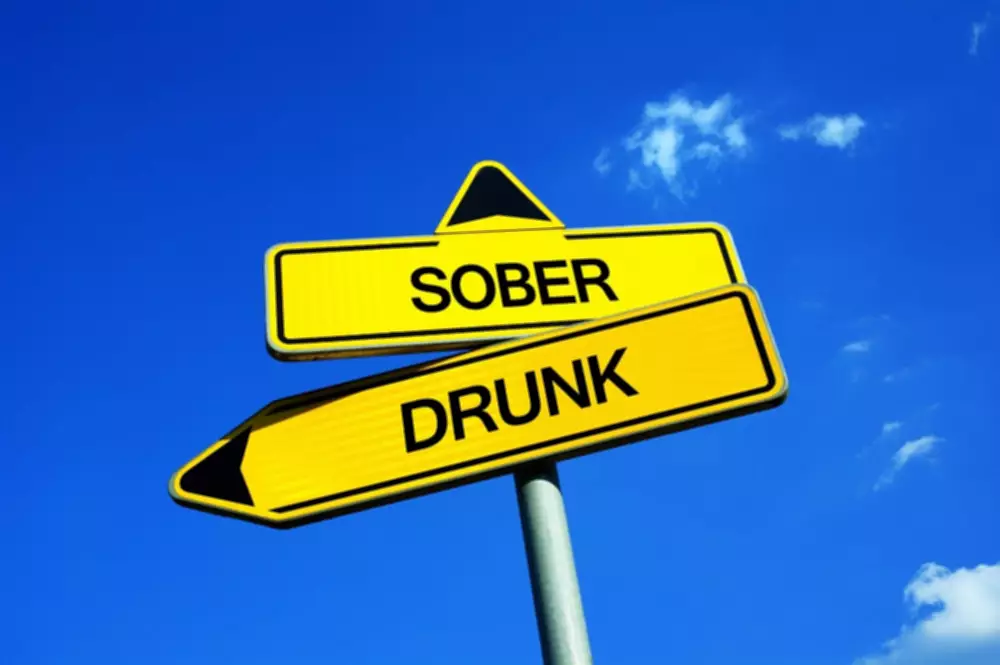
Vascular Changes in the Eyes
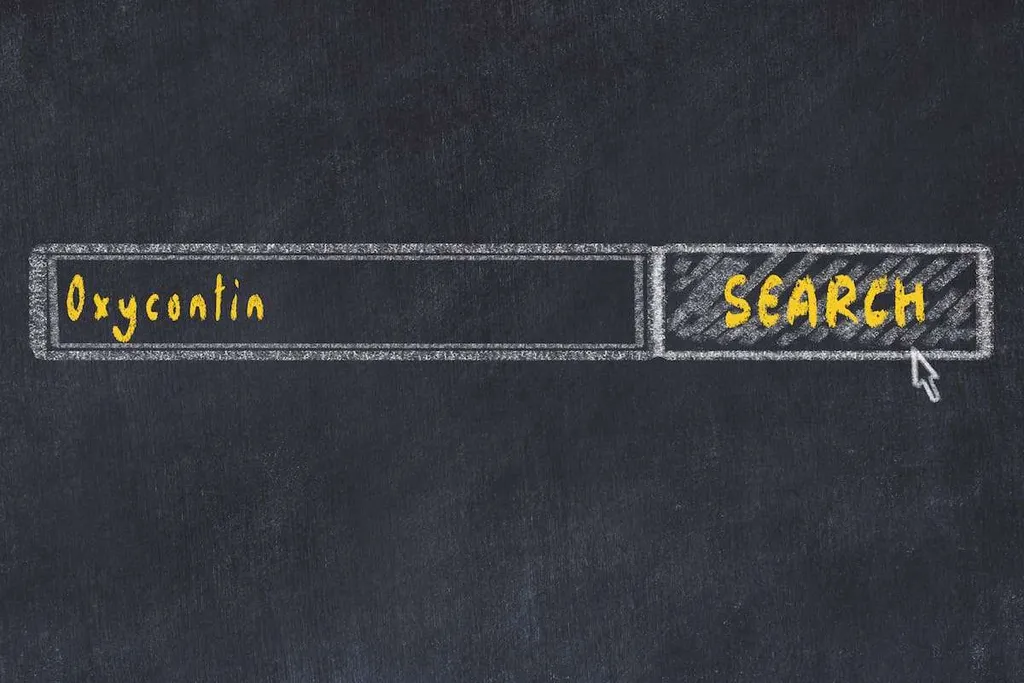
When alcohol is consumed, the brain’s ability to interpret can alcohol cause blurred vision these signals effectively is compromised, particularly in the peripheral areas of our visual field. Even moderate alcohol consumption can begin to interfere with the way your body absorbs key nutrients, many of which are vital for your eyes. It irritates the digestive tract and can impair the function of the stomach and small intestine, where nutrients are absorbed.
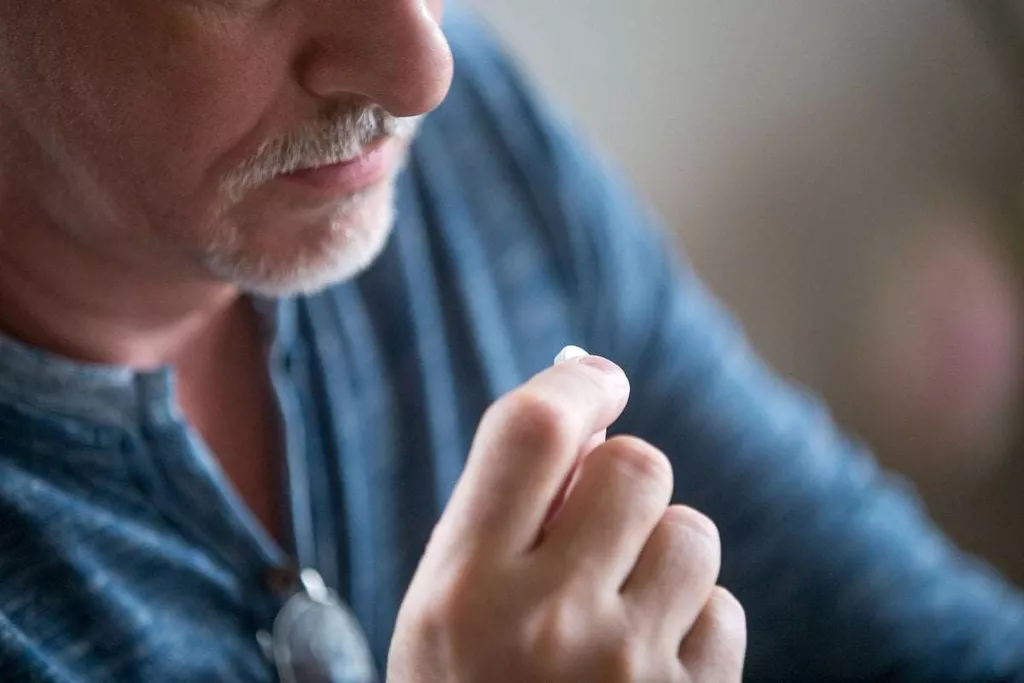
Light Sensitivity
Blurry vision can be caused by a number of factors, and it is important to be able to distinguish between dehydration-related vision problems and other causes. In this article, we will explore some of the other Sober living house factors that can contribute to blurry vision and discuss how they can be differentiated from dehydration-related vision problems. Macular degeneration, also known as age-related macular degeneration (AMD), affects the macula, the part of the retina responsible for sharp central vision. Over time, it can cause blurry or distorted vision, making daily tasks like reading or driving more difficult.
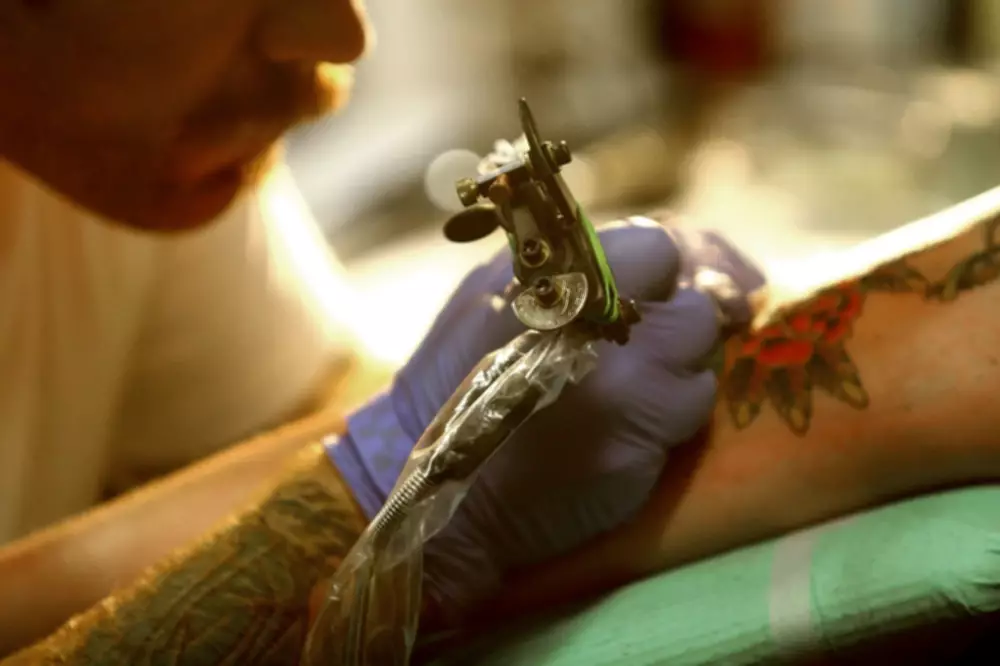
Can visual disturbances caused by alcohol be a sign of an underlying eye condition?
- It is a common side effect that may occur even after a moderate amount of alcohol consumption.
- One condition that can cause blurry vision after alcohol consumption is diabetic retinopathy.
- However, in some cases, the blurred vision may persist for up to 24 hours or even longer.
- These effects are often exacerbated by the amount of alcohol consumed; the more you drink, the more pronounced these symptoms become.
- These conditions can result in permanent vision loss and are often linked to nutritional deficiencies caused by heavy drinking.
- Alcohol can deplete essential nutrients that the eyes need to function properly, increasing the risk of conditions like optic neuropathy.
The recommended daily intake of fluids is around 8 cups for women and 10 cups for men. However, individual needs may vary depending on factors such as activity level, weather conditions, and overall health. It is also essential to avoid excessive caffeine and alcohol consumption, as these can contribute to dehydration. Blurry vision after consuming alcohol is a common complaint among some individuals. While it may be seen as a temporary side effect, there are cases where underlying medical conditions contribute to this issue.
How does dehydration specifically affect visual acuity?
Fortunately, there are several ways to alleviate blurry vision during a hangover. This helps replenish the fluid lost due to alcohol consumption and can provide relief to dry and irritated eyes. Additionally, consuming electrolyte-rich fluids such as sports drinks or coconut water can help restore the body’s electrolyte balance and further support hydration.















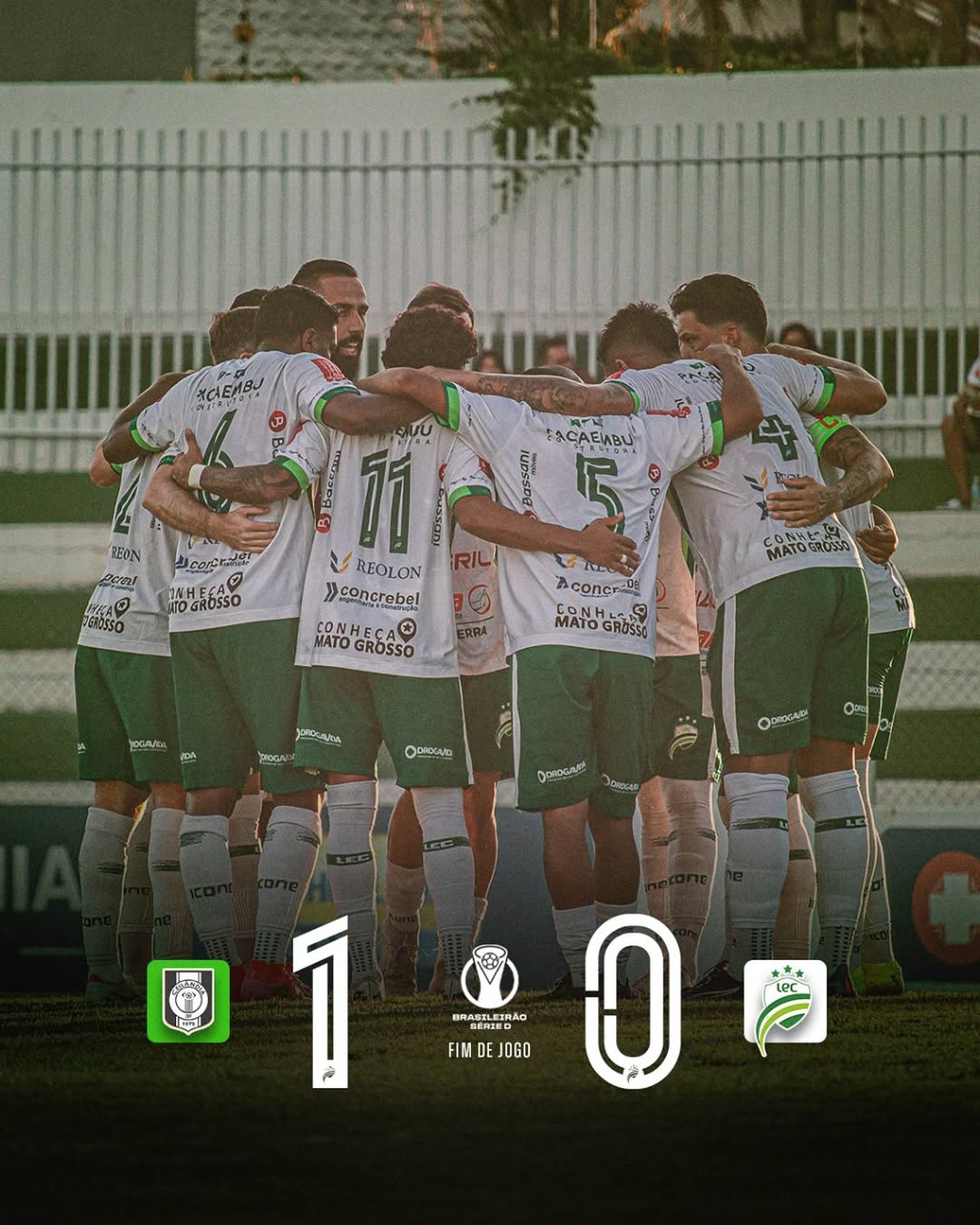
Leave a Reply